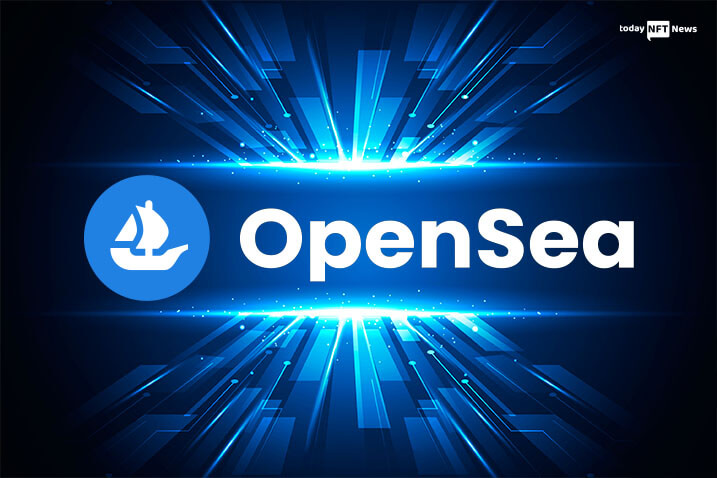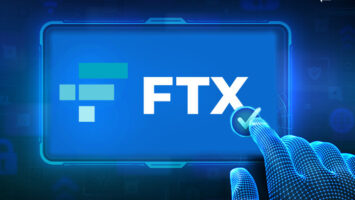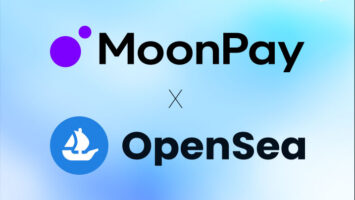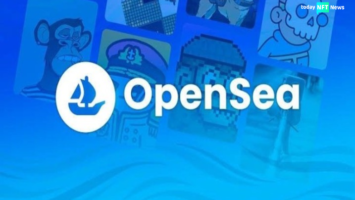SNEAK PEEK
- OpenSea’s plans for NFT creator royalties include blacklisting competitors and optional royalties.
- OpenSea doesn’t seem to resonate clearly like its comment and many NFT creators have found the comments misleading or unclear objectives about its real path forward.
- OpenSea’s approach is quite planned and public in terms of planning royalties though certain artists are skeptical about the market’s aims.
With the ongoing discussion on creator royalties doing the rounds since the past few days, OpenSea has also come forward with its opinion, which isn’t going well with leading Web3 creators.
The marketplace tweeted its claimed ‘thoughtful, principled approach’ in terms of royalties, which includes launching a system to enable creators of new projects to blacklist markets that let traders to not pay royalties. The system is set to commence from tomorrow, i.e. November 8.
Currently, OpenSea is thinking about what could be done about its presently available NFT projects. The marketplace is also looking forward to community feedback prior to its set deadline of December 8. Post that, the market will conclude a decision including optional royalty fee payments for traders similar to other marketplaces.
There’s been a lot of discussion over the past few months about business models for NFT creators & whether creator fees (“royalties”) are viable.
— OpenSea (@opensea) November 6, 2022
Given our role in the ecosystem, we want to take a thoughtful, principled approach to this topic & to lead w/ solutions. 🧵
The marketplace also tweeted about the consideration regarding the next move after December 8, which includes options varying from imposing off-chain fees for certain subsets of collections, to partnering on various other on-chain implementation possibilities for creators to enabling unforced creator fees.
Devin Finzer, OpenSea co-founder and CEO, in a blog, mentioned OpenSea’s history of appreciating NFT royalties, a 5%-10% fee decided by the creator, which a seller pays on any sale taking place on a secondary market. Though such royalty projections are not completely applicable on-chain, largest markets have valued them.
A number of traders choose to not pay royalty fees when they aren’t needed. Only 18% traders cared about paying a royalty amount, according to the data from X2Y2 in late October.
A month ago, around 75% of NFT buyers opted-in to paying royalties on x2y2, when given the choice.
— NFTstatistics.eth (@punk9059) October 28, 2022
Now that number is around 18%
The idea of “tip jar” royalties where buyers can opt-in or opt-out will likely prove to just be a 0-royalty policy over time
Free riding is too easy pic.twitter.com/BAG9VfI18q
Finzer took a solid stance in his post and mentioned that it is quite clear that a number of creators expect the capacity to impose fees on-chain and they accept that it should be their choice and not something decided by marketplaces.
The recent enforcement system of the marketplace offers code for Ethereum NFT creators to incorporate their recently-released NFT smart contracts, indicating a blacklist meant to block such NFTs from being traded at markets that have zero-royalties or optional royalties. There’s a code within the smart contract that powers both non-fungible tokens projects as well as self-controlled decentralized apps.
Co-founder of fashion brand The Hundreds and the Adam Bomb Squad NFT project, Bobby “Bobby Hundreds” Kim, tweeted that OpenSea is losing its share in the market in comparison to other markets that are removing royalties. Hence, the solution seems to be a suitable value proposition and not only blocks their competitors but also makes sure that artists get paid on secondary sales.
Though the marketplace has shared that it may implement optional royalties for traders, it has also indicated the possibility of imposing them for “some subsets of collections” or using some other enforcement ways. To use these methods, creators may have to change their projects as well as use new contracts.
Pseudonymous co-creator of Deadfellaz, Betty, shared that upon interacting with OpenSea executives, she felt a lack of a plan and no clear answers in terms of current collections and royalties of artists. She added that the communication is misleading and facts are absent.
According to artist Ryan “ThankYouX” Wilson, the announcement is nothing but OpenSea’s slap to creators mentioning that they intend to confuse people by making them believe that they are cornered and helpful towards them.
After speaking with @opensea it feels like there is no plan and no clear answers were given in regards to existing collections & artist’s royalties. Communication has been misleading and facts are not there. Speak up if you feel a certain way about this because it has impact.
— BETTY (@betty_nft) November 6, 2022









